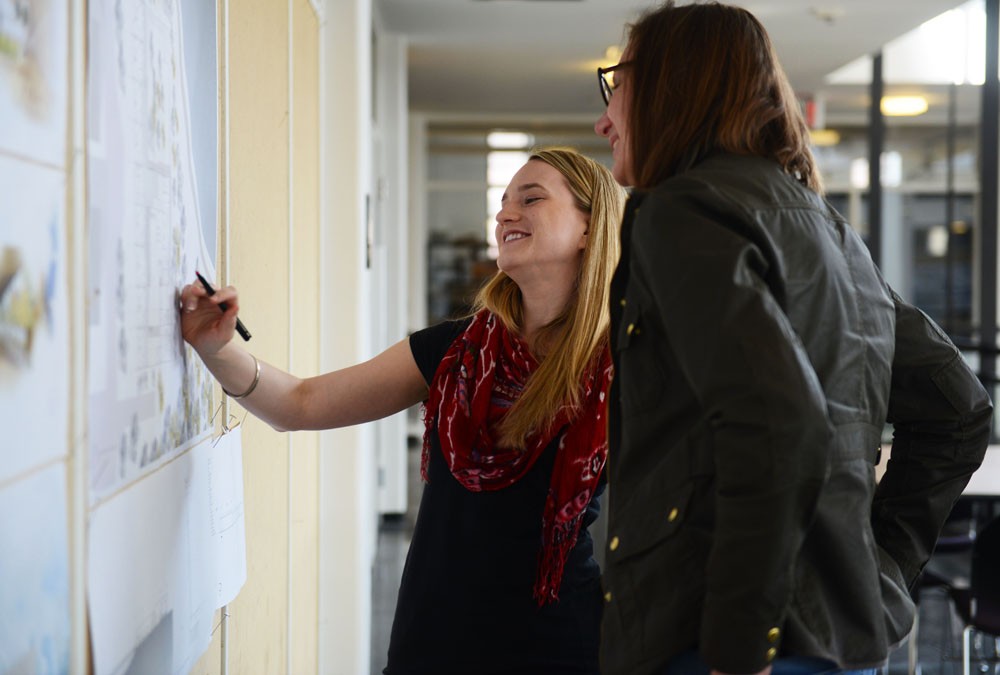Until recently, University of Minnesota students didn’t have rights to their own work.
That policy changed in February, but business and legal experts say it’s still important to be wary when sharing intellectual property, both before and after graduation.
Usually institutions — whether they are companies or schools — own the intellectual property of students and employees. If taken to court, the larger establishment usually wins. For that reason, experts recommend that students and employees keep their ideas to themselves.
It’s “very one-sided,” said University law professor Thomas Cotter, who researches intellectual property law.
“Many people would say that there ought to be more protection for the employees or students,” Cotter said. “But in the United States, rightly or wrongly, we leave it up to the individuals to protect themselves.”
Employees — especially those fresh out of school — often don’t have a choice. Carlson School of Management senior lecturer Rand Park said companies usually write intellectual property restrictions into employment contracts — something that’s especially true in creative vocations. He said it’s a good idea to check the employment contract.
“You’d usually be very much on notice that the work that you’re doing is going to be owned by your employer,” he said.
But having employees sign over their intellectual property can be counterproductive for both sides. A study published this year in the Harvard Business Review found that motivation suffered dramatically when subjects signed over ownership of their ideas.
The study offered more than 1,000 participants paid work and placed them into two groups: those with ownership of their work and those without.
Of the non-ownership group, 61 percent simply gave up on their task and sacrificed getting paid. Non-owners were also twice as likely to make mistakes and spent less time on their work.
The study said not allowing people to keep their ideas sapped them of their desire to exert themselves and develop their skills.
In many other countries, Cotter said, employees have laws protecting inventors, stating that they are due a minimum amount of compensation no matter what an employment contract says.
“Maybe our laws ought to be more favorable to [individuals],” he said.
In February, the Board of Regents approved a policy change granting University students the rights to work they create in classes. The old policy required students to disclose their inventions to the Office for Technology Commercialization before securing this right.
But the policy still requires that the University receive a percentage of royalties if the invention starts making money, Park said.
“The University wants to incentivize future scientists to make new things,” he said. “But they can’t just let scientists invent things and walk out the door and have no opportunity to recoup some of the costs.”
Park said professors and researchers at the University have had “a lot” of intellectual property conflicts in the past.
Still, he said, institutions “definitely have deeper pockets” than individuals.
Companies may also swipe an idea or concept from a business proposal or job interview, Park said, and those fresh out of college are the most susceptible.
“There are very few entry-level applicants that are going to have the resources to fight back,” he said. “Plus, it would be pretty hard to prove. But does it happen? Yeah, it probably can happen.”
Park said if someone is asking too many leading questions, it could be a sign to be careful and only speak in generalities about an idea.
“If you feel like you’ve got a killer idea or invention,” he said, “the best protection is not to share it.”











